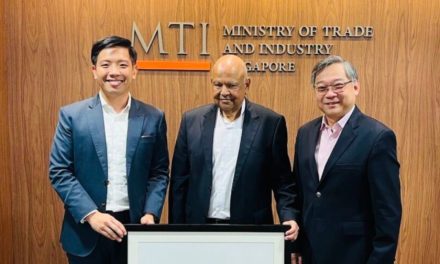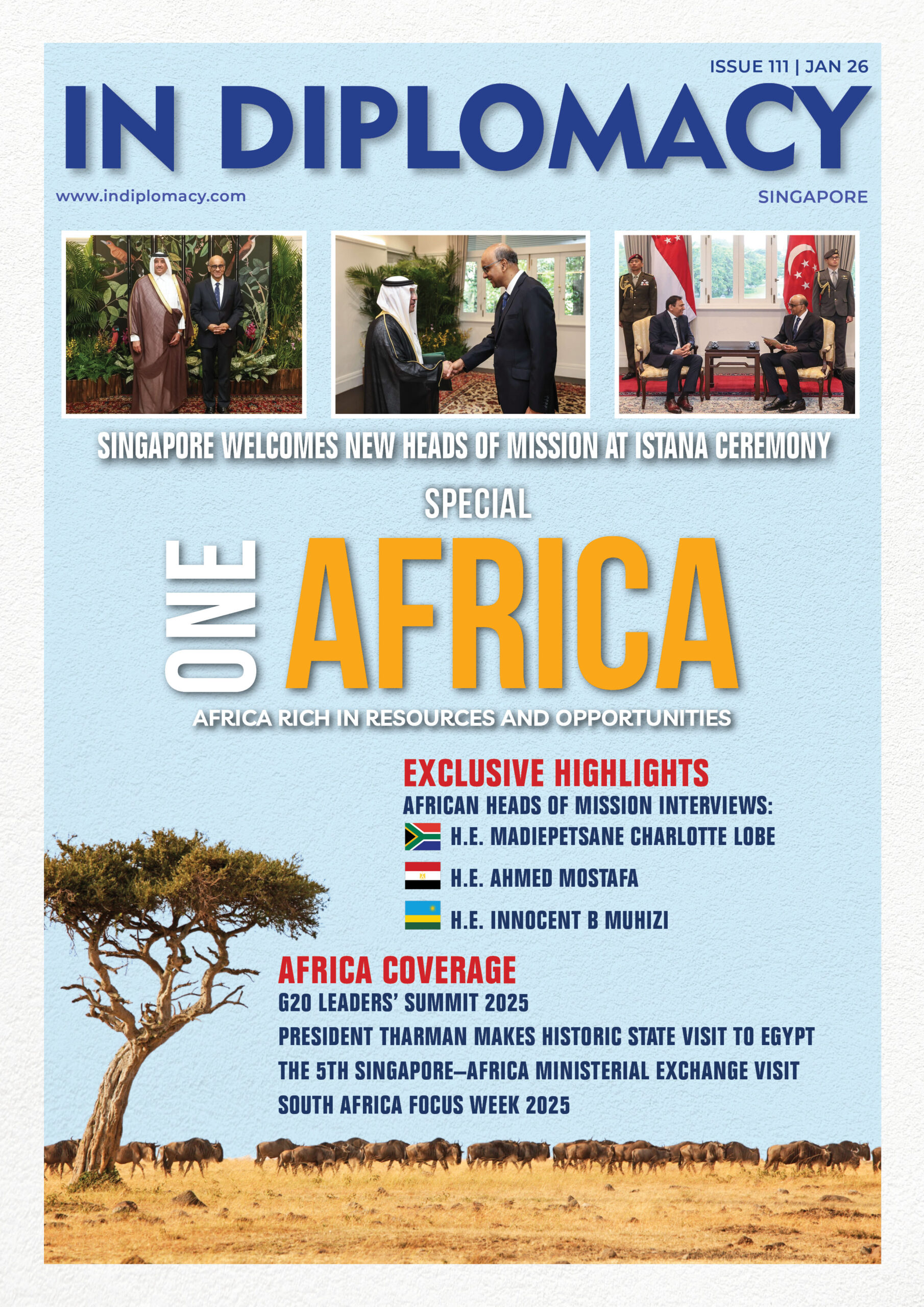
Regional stakeholders gather to explore the role of technology and innovation in empowering MSMEs in Southern Africa, with a focus on collaboration, policy reform, and accessing global markets.
The United Nations Economic Commission for Africa Sub regional Office for Southern Africa (ECA SRO-SA) and the SADC Business Council recently organized a three-day regional meeting focused on Technology and Innovation for Micro, Small and Medium Enterprises (MSMEs) in Southern Africa. The meeting aimed to foster discussions among key stakeholders and identify areas of improvement in the innovation ecosystem for MSMEs. A highlight of the event was the introduction of TechniAfrica, a new platform designed to enhance MSMEs’ capacity for innovation through collaboration and learning.
During her opening remarks, Nomvula Makgotlho, Acting Deputy Director General of the Department of Small Business Development in the Republic of South Africa, highlighted the significance of MSMEs as drivers of innovation in the field of Information and Communication Technologies (ICTs). She stressed the importance of supporting these enterprises through investment and policy reform, stating, “The lack of investment in MSME start-ups would be a lost opportunity for any developing country.”
Isatou Gaye, Chief Sub Regional Initiatives, emphasized the need for reinvention and innovation in sectors such as energy, healthcare, agriculture, and new business models following the COVID-19 pandemic. Gaye recognized the importance of technological advancements and innovative solutions in achieving inclusive and sustainable development in the region.
Peter Varndell, Chief Executive Officer of the SADC Business Council, presented on the role of technology and innovation and highlighted the collaborative efforts between the SADC Business Council and the ECA. Varndell emphasized the council’s commitment to information sharing and involving the private sector’s expertise in policy-making processes, positioning the organization as a reliable support system for businesses in the region.
To gain insights into the innovation ecosystem of MSMEs in Southern Africa, case studies were presented from selected countries within the region. These studies examined the current state of technology and innovation for MSMEs and showcased how they are leveraging innovative approaches to participate in value chains and trade. Additionally, the ECA conducted evidence-based surveys on the impacts of the COVID-19 pandemic and the Ukraine Crisis on MSMEs in Southern Africa across its 11 member states, including Angola, Botswana, Eswatini, Lesotho, Malawi, Mauritius, Mozambique, Namibia, South Africa, Zambia, and Zimbabwe.
Bineswaree Bolaky, project coordinator and ECA Economic Affairs Officer, emphasized the need to think creatively and adopt concrete measures to address the challenge of MSMEs’ access to finance. Bolaky called for market-oriented solutions and encouraged leveraging the African Continental Free Trade Area Agreement to access markets beyond national borders. She noted that the sustainability of MSMEs hinges on their ability to compete not only on a national level but also regionally, continentally, and globally.
The meeting brought together senior representatives from ministries and agencies responsible for MSMEs, as well as those in charge of technology and innovation across the 11 member states served by ECA-SRO-SA. In attendance were CEOs of national chambers of commerce and industry, senior representatives from national business associations, and relevant stakeholders from organizations such as the Common Market for Eastern and Southern Africa (COMESA), SADC, COMESA Business Council, and SADC Business Council.
















